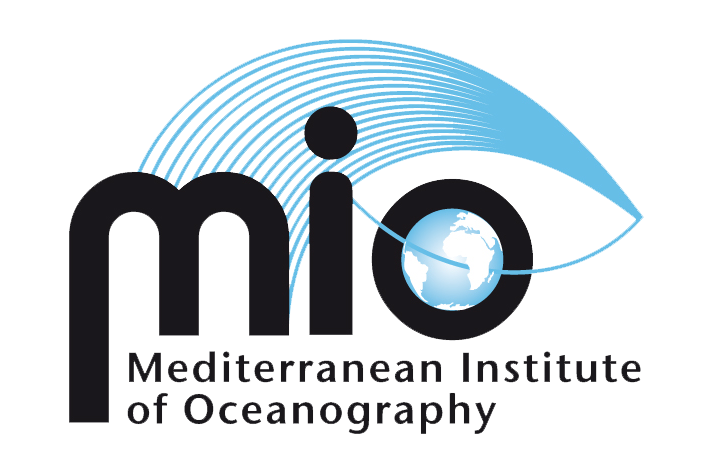Sévérine Martini (EMBIO), winner of a competition for Research Fellow at CNRS
After studying at the University of Aix-Marseille and an ERASMUS semester at the University of Lund (Sweden), Sévérine Martini defended her thesis at the MIO at the end of 2013 on the theme: "Bioluminescence, a proxy of biogeochemical activity in deep environments? Laboratory and in situ study of bioluminescence in relation to environmental variables". During her work, she juggled between statistical analyses of time series recorded at the ANTARES site in the Mediterranean and laboratory experiments with a bioluminescent bacterial strain. Following her thesis, Sévérine completed several post-doctoral fellowships at the Institut de Recherche pour le Développement de Banyuls/mer, the Monterey Bay Aquarium Research Institute in California and the Laboratoire d'Océanographie de Villefranche.
With the success of the CNRS research fellow competition (section 19), Sévérine will integrate the MIO, within the EMBIO team and with strong interactions with the transverse axis "biological pump". In her research project, she will seek to understand the impact of bioluminescence (from bacteria to zooplankton), in a dark environment, in the biological carbon pump. To do so, she will rely on innovative tools adapted for the detection of bioluminescence in situ such as the benthic robot BathyBot, the miniaturized beacon CENSOR (already deployed on elephant seals), but also laboratory experiments and modeling to quantify the importance of visual detection of bioluminescence by zooplankton.

